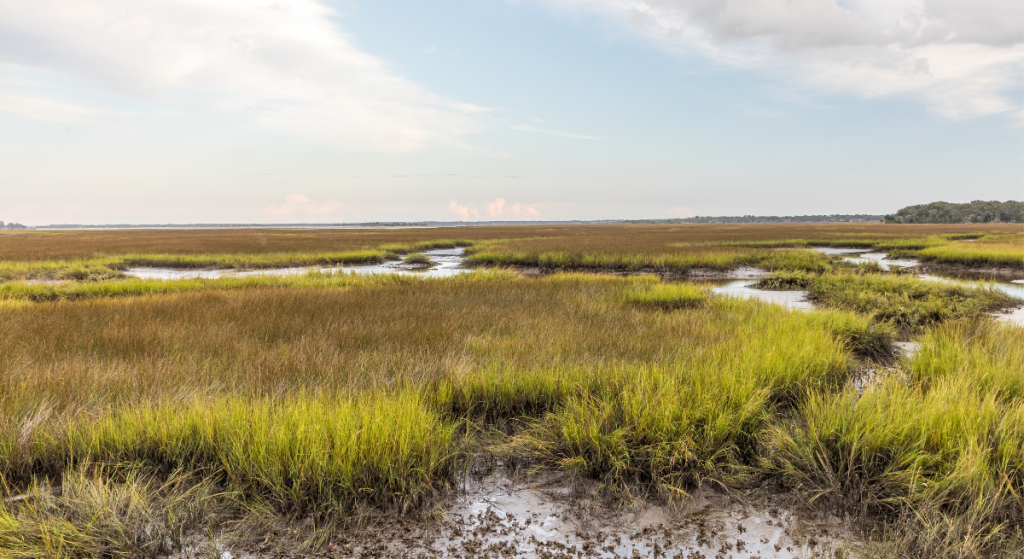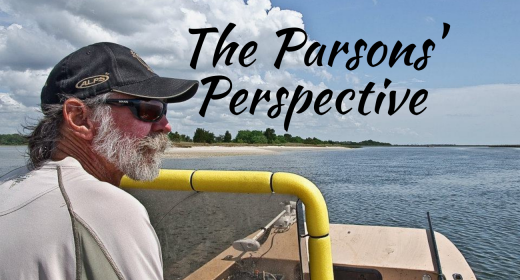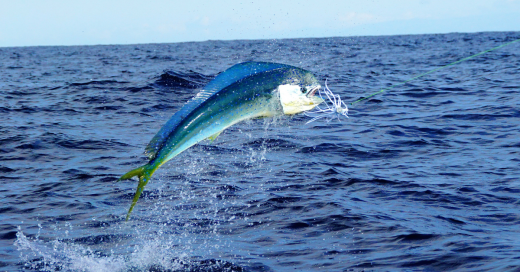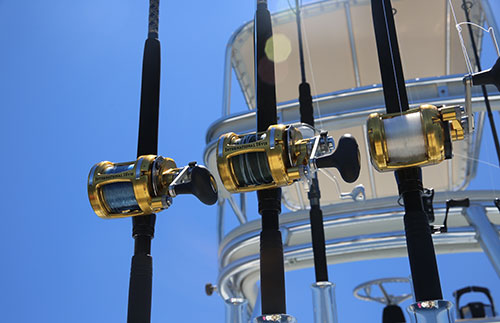How To Increase Your Catch At Low Tide
With the hotter days of summer here, the fishing has slowed down. This is largely due to the hot water. As the water warms, anglers will commonly head for the cooler deeper water to find the fish. While this is a good tactic, it can result in finding many of these types of spots to be overfished or crowded. Also, the factors like slack tides can slow the bite down just as much. This can be particularly problematic when the tides conflict with your fishing times.
There is a strategy that you can lean that will solve many of the summer heat challenges. Start looking for moving water in less than familiar places. Check out locations like pipes from area dredge islands that may be draining water or other types of culverts and pipes that frequently drain and cause water movement. This will commonly generate cooler water due to the movement rather than static water. Many times this can result in bait cumulating and the species you’re fishing for may start to appear. Just cast up current, let the bait drift down current and wait for the action. This tactic is especially useful for species like Redfish, Flounder and Speckled Trout. You’ll also find that these types of areas are often times less fished and less crowded.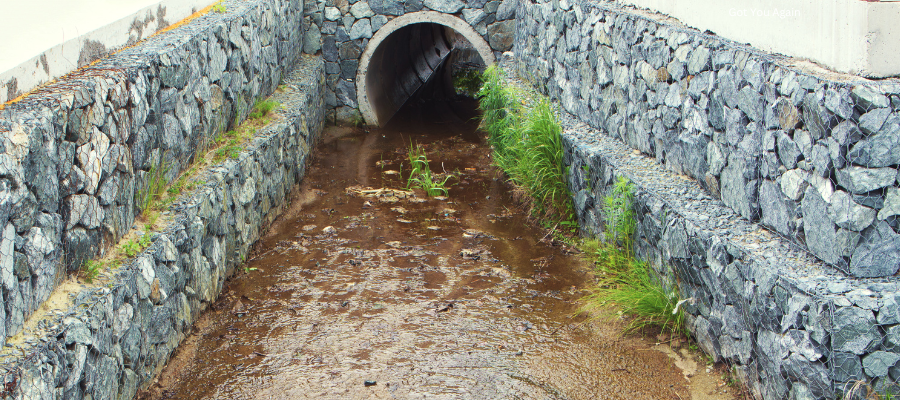
If you’re unable to locate areas that provide the moving water, then locate bulkheads and other structures that are impacted by the wind. This will also create water movement that again allows the water to cool. Creeks and marshes and fishing locations that are in more open water can be better impacted by the wind as well. Try to position your boat in a place that allows you to cast with the wind, allowing your bait to drift up to and around the structure.
The summer months are great fishing months, but you have to be ready to adapt and overcome the challenges of summer. Remember, the fish are changing their game too. They adapt by looking for cooler water to survive the heat. You have to adapt and look for new fishing locations that respond to the changes the fish have many times already made. Think outside the angling box.

You may be interested
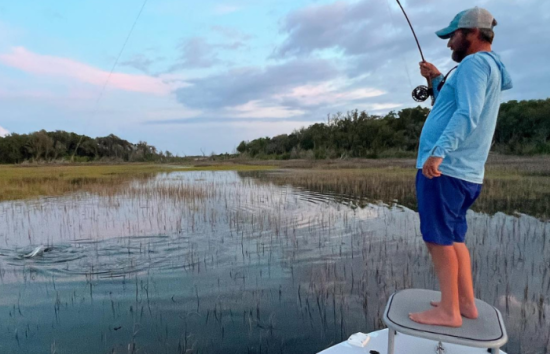
Sight Fishing Like A Pro
Tim Wilson - June 19, 2025Sight fishing can be a rush when done right. It’s taking your inshore fishing to the next level with a dose of adrenaline. It requires great upper-level…
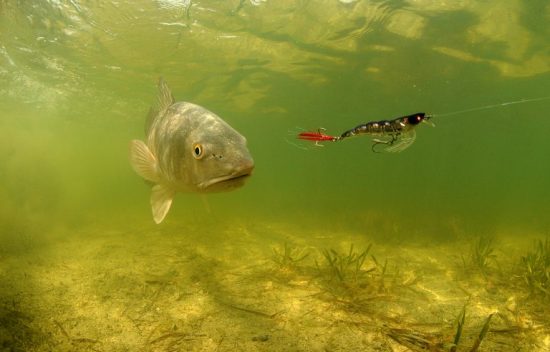
My Fishing Spot’s Better Than Yours…..Increase Your Your Hotspots
Tim Wilson - June 9, 2025Every angler has their favorite go-to spots—the kind of place where they landed great fish just a few months back. It might be a familiar dock or…
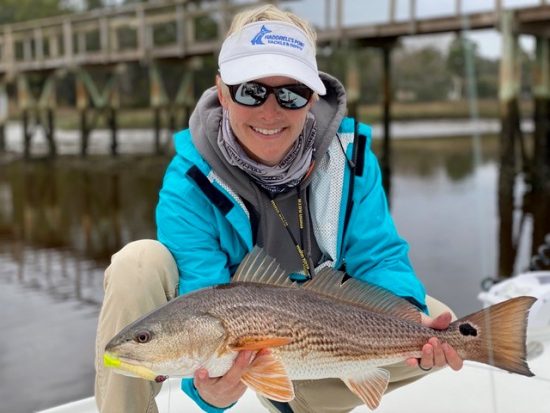
Pre-Planning For the Next Day’s Fishing Trip Like a Pro
Tim Wilson - June 9, 2025While many saltwater anglers just roll out of bed and head to the boat ramp, the top-notch fisherman has a different approach. It starts before the day…

